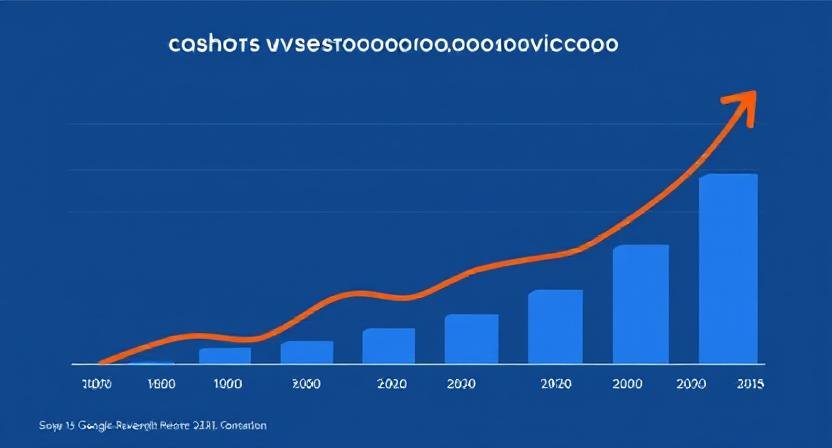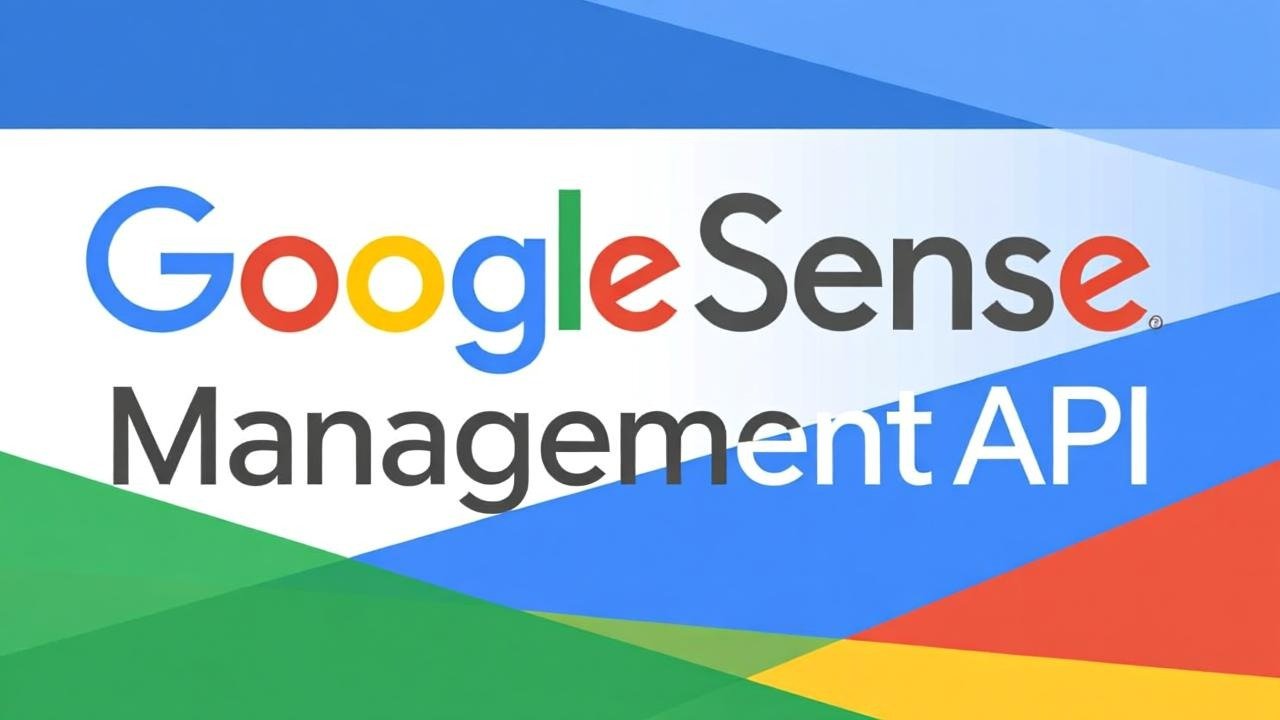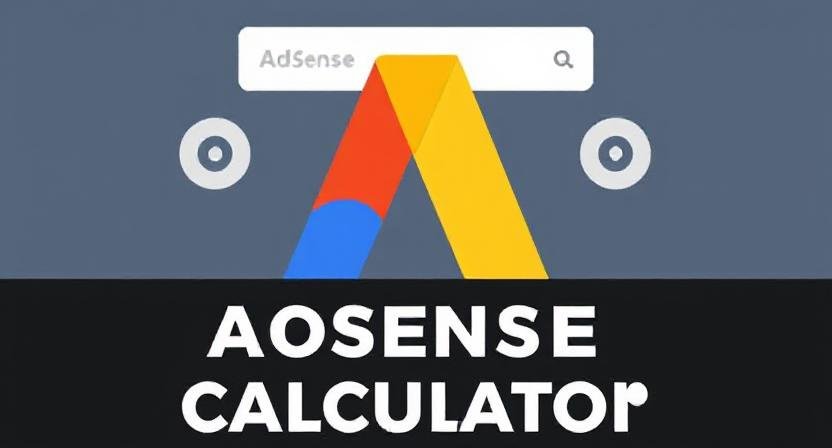Applying for Google AdSense can be an exciting step toward monetizing your website, but many publishers face the disappointment of rejection. Understanding the reasons behind Google AdSense application rejections is critical to successfully navigating the submission process and eventually earning revenue from your content. In 2025, Google continues to enforce strict policies to maintain the quality and integrity of its advertising network, making it even more important to prepare thoroughly.
This comprehensive article dives deep into the top reasons your AdSense application may get rejected and practical strategies to avoid these pitfalls, helping you get approved faster and start earning with confidence.
Top Reasons Why Google AdSense Applications Are Rejected
1. Insufficient Website Content
Google wants to see original, quality content that provides real value to visitors. Sites with very few pages or thin content are often rejected because they fail to meet Google’s standards for user experience.
-
How to avoid: Build your website with at least 15-20 well-written, unique pages or blog posts covering your niche in depth. Focus on comprehensive guides, tutorials, or informative articles rather than short or duplicate text.
2. Non-Compliance with Content Policies
Google strictly prohibits certain types of content including adult material, copyrighted works without permission, violent or hateful content, and anything that violates local laws.
-
How to avoid: Carefully review Google’s content policies. Remove any questionable material and ensure your site adheres to legal and ethical standards.
3. Poor Website Design and User Experience
If the site layout is confusing, navigation is difficult, or the site looks unprofessional, Google may reject the application as the user experience is deemed poor.
-
How to avoid: Use clean, responsive WordPress themes or website builders designed for usability. Ensure your site loads quickly on all devices and has easy navigation menus.
4. Lack of Important Pages
Google expects to see essential pages like a Privacy Policy, About Us, Terms of Service, and Contact Us page to establish trust and transparency.
-
How to avoid: Create these pages with meaningful information. For privacy policy, include details on data usage and cookies, especially with GDPR and CCPA regulations in place.
5. New or Underdeveloped Websites
Websites that are very new or have very low traffic may be rejected as Google prefers sites with established audiences and consistent traffic patterns.
-
How to avoid: Focus first on building organic traffic and high-quality content. Wait at least 3-6 months before applying for AdSense, depending on your region’s guidelines.
6. Invalid or Incomplete Application Information
Errors in submitted details like website URLs, contact information, or payment details can delay or stop approval.
-
How to avoid: Carefully fill out each field during the AdSense registration process. Double-check for accuracy and validity.
7. Violation of Traffic Policies
Artificial or incentivized clicks, purchasing traffic, or using bots can lead to rejection or even account banning.
-
How to avoid: Build organic traffic naturally using SEO, social media, and genuine engagement techniques. Avoid black-hat methods.
How to Prepare Your Website for a Successful Google AdSense Application
Develop Quality, Unique Content
Prioritize creating original content that solves problems, educates, or entertains your audience. Avoid plagiarism or spun content, as Google uses advanced algorithms to detect these issues.
Optimize Website Structure and Design
Make sure your website is clean, easy to navigate, and mobile-friendly. Use a fast-loading theme and optimize images and scripts to speed up page load time.
Create and Publish Essential Policy Pages
Develop clear pages for Privacy Policy, Terms of Use, and Contact. These pages build trust and fulfill Google’s requirements for transparency.
Grow Organic Traffic
Promote your site on social media platforms and use ethical SEO practices like keyword research, backlink building, and content marketing to attract real visitors.
Review Google AdSense Policies Often
Google updates its policies regularly. Staying informed ensures your site stays compliant and avoids unexpected rejections down the line.
What to Do If Your Application Is Rejected
If you receive a rejection notice, don’t be discouraged. Here’s how to respond:
-
Carefully review the rejection reason: Google typically provides a specific cause.
-
Fix the issues: Address the content gaps, policy violations, or design problems cited.
-
Wait a few days: Allow the changes to take effect and ensure your site is stable.
-
Reapply: Once confident your site meets requirements, submit a new application.
Read More: Common Google AdSense Approval Issues and How to Fix Them in 2025
Final Tips for Getting Approved Fast
-
Avoid aggressive ad placements before approval, as it can signal spammy intent.
-
Focus on niche-specific content to attract targeted traffic and improve relevance.
-
Use Google’s official AdSense Help Center to stay updated on policies and get detailed application advice.










